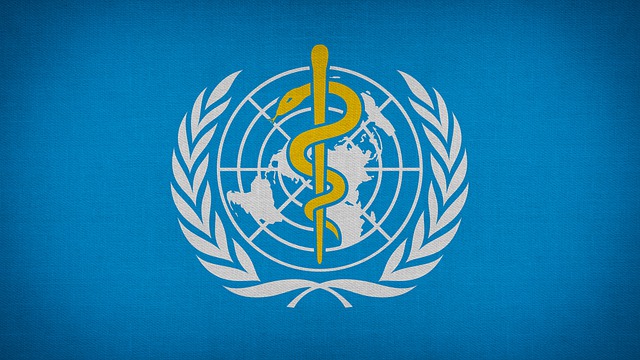Original article (in Slovenian) was published on 27/02/2023
The committee for the review of International Health Regulations opposes the deletion of a provision under which the World Health Organisation and member states must respect dignity, human rights and fundamental liberties.
Jana magazine reported in an article on 7 February that by signing the new International Health Regulations (IHR), Slovenia would allow the World Health Organisation to declare an epidemic in the country.
As we reported in January, the International Health Regulation are adopted by the World Health Assembly, which is made up of delegates from all 194 members of the World Health Organisation (WHO). Last year, the Assembly decided to overhaul the IHR, and 94 countries have proposed changes, which will be decided by the Assembly next year.
Article 3 of the IHR states that WHO members have the sovereign right to implement legislation on their health policies. As evident from the working version of the proposed amendments to the Regulations, no member state has proposed amendments to this specific article.
Under the Slovenian Infectious Diseases Act, an infectious disease epidemic is declared by the minister responsible for health, or by the government if the entire territory of the country is at risk.
The claim that the WHO could declare an epidemic in Slovenia under the revised IHR is false.
Jana also reported that the proposed changes will allow the WHO to ignore human rights and dignity in carrying out its mandate.
The deletion of the provision requiring WHO and its member states to take into account “dignity, human rights and fundamental freedoms” when implementing the IHR was proposed by India last year. According to the proposal, implementation of the regulations would be based on equity, inclusion, and compliance with member’ obligations.
In its report on the amendments, the International Health Regulations Review Committee recommended that the provision on “dignity, human rights and fundamental freedoms” remain in the Regulations. As they pointed out, it is key to the implementation of all IHR rules.
The proposal to delete the provision will be decided first by a working group of WHO member states, and then by the World Health Assembly, which will vote on all final proposals next year.
Jana’s article also republished claims made by the Triglav Media website on 12 January. In January, Razkrinkavanje.si checked several claims made by the website and found, among other things, that the proposed changes would not change the WHO’s role from an advisory organisation to a governing body, and that the website’s claim that the proposed changes would “allow the disclosure of personal health data” was manipulative.
In her response to Razkrinkavanje.si, the Jana journalist pointed out that “many prominent experts and organisations” warn that the sovereignty of states is curtailed by the proposals put forward by the U.S. Under one of them, the WHO could declare a health emergency without the consent of a member state, she explained.
According to Article 12 of the IHR, a public health emergency is declared by the WHO director general, who must consult the relevant WHO committee before taking a decision. The country in which the emergency has occurred must also agree with the director-general’s assessment of the situation. If it fails to do so within 48 hours of being informed of the director’s assessment, the director may consult the competent committee without its consent.
The U.S. has proposed that the WHO director general be given the power to declare a public health emergency in specific regions of the world and with an intermediate level of alert, neither of which would require the consent of the country in which the emergency occurred.
The Jana journalist stated that the US proposal had not been rejected.
However, none of the more than 300 proposed amendments to the Regulations have been rejected or endorsed yet. The World Health Assembly will vote on them next year.
The claim that the WHO could ignore human rights and dignity under the revised IHR is unfounded.



